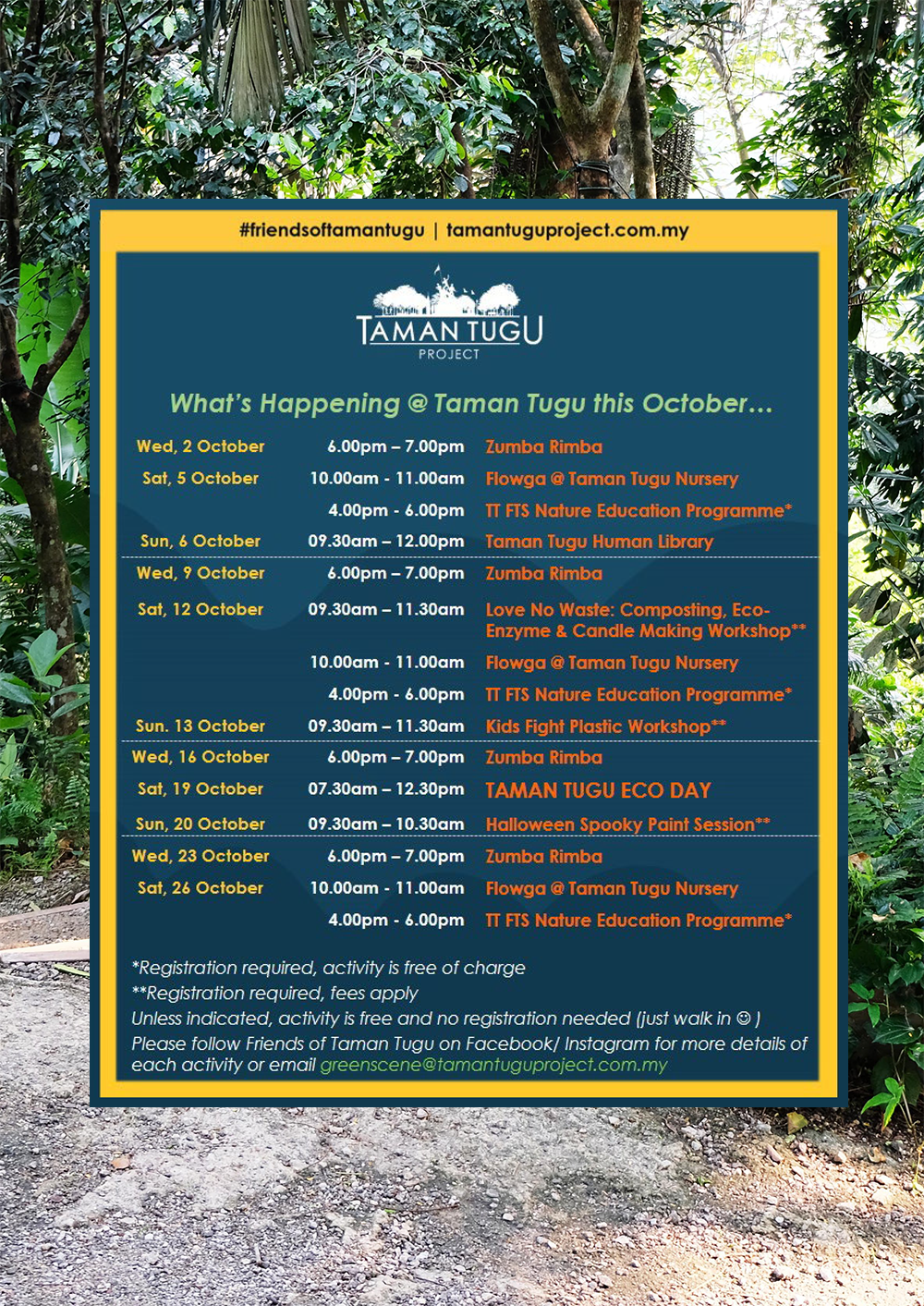15 Oct Kuala Lumpur’s Green Jewel – Taman Tugu Urban Forest Park
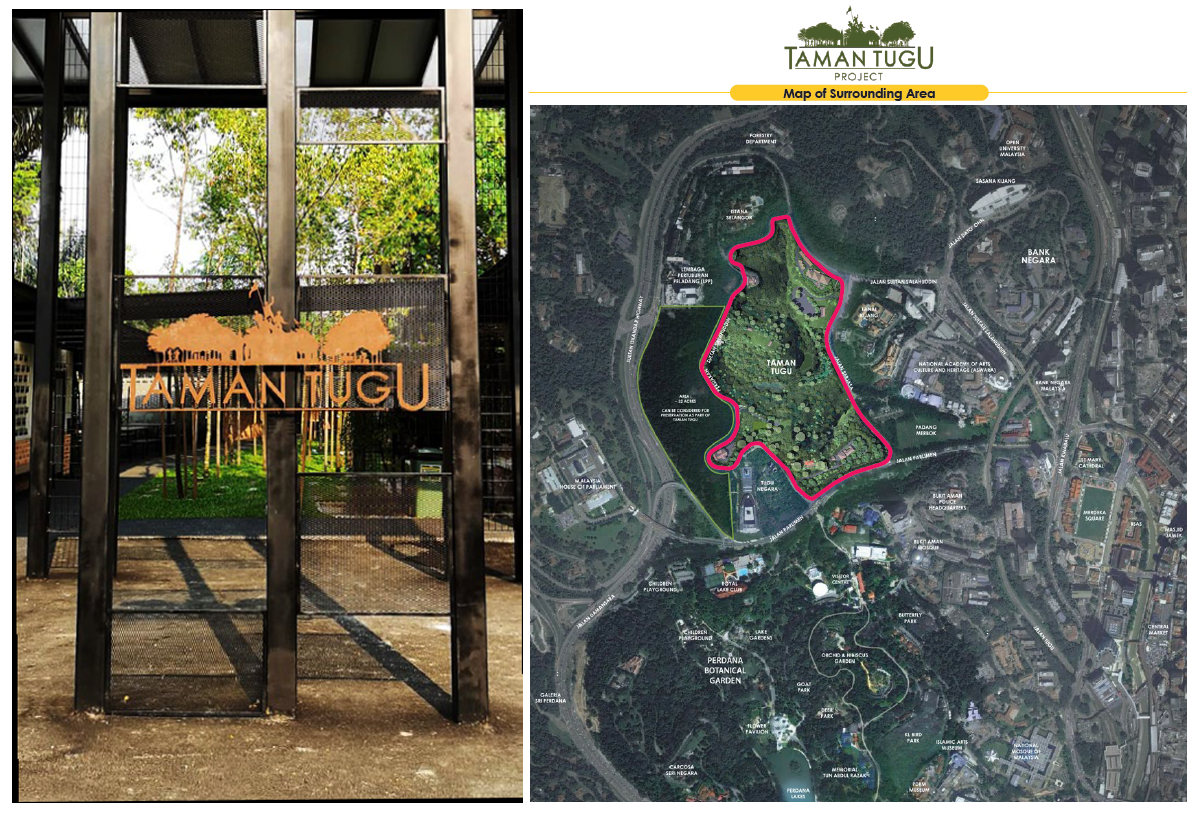 What a difference a year makes! When I went to visit the Taman Tugu Project last year, there were still building works going on at the site with giant trees waiting patiently to be unwrapped and planted. Today, the generous tarmacked car park, picnic area, and 2 forest trails are laid out for everyone to experience. In the time I was there for this interview, I had already come across tourists, local families, morning walkers and a school bus full of enthusiastic youngsters. On the trails, there are already mature trees lining the well planned walkways.
What a difference a year makes! When I went to visit the Taman Tugu Project last year, there were still building works going on at the site with giant trees waiting patiently to be unwrapped and planted. Today, the generous tarmacked car park, picnic area, and 2 forest trails are laid out for everyone to experience. In the time I was there for this interview, I had already come across tourists, local families, morning walkers and a school bus full of enthusiastic youngsters. On the trails, there are already mature trees lining the well planned walkways.
Taman Tugu Project
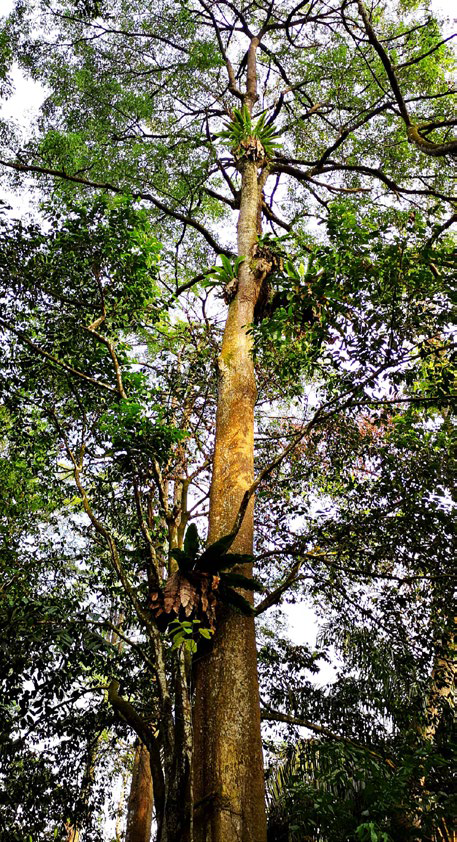 The 66 acre Taman Tugu Project is the brainchild of Khazanah Nasional Berhad (the Malaysian Government’s sovereign wealth fund) as part of its CSR programme. Its objective is to conserve this vast green-lung in the heart of Kuala Lumpur and turn it into an urban forest park for the community.
The 66 acre Taman Tugu Project is the brainchild of Khazanah Nasional Berhad (the Malaysian Government’s sovereign wealth fund) as part of its CSR programme. Its objective is to conserve this vast green-lung in the heart of Kuala Lumpur and turn it into an urban forest park for the community.
The initial plan was to create a theme park, but following petitions from local residents and conservation NGOs like the Malaysian Nature Society (MNS), Khazanah heard loudly and clearly that the protection of this secondary forest was paramount to avoid causing an imbalance to the existing eco system and for the future. Kudos to Khazanah who then put 100% into the conservation and rehabilitation of Taman Tugu.
Located up the hill from Tugu Negara (National Monument) and opposite the Lake Gardens, the Taman Tugu project today boasts a few forest trails (one 1.5kms, one at 3kms, and the Nursery trails at 400m) with more coming soon, covering around 40 acres of forest land and more than 5,000 indigenous trees – some of them over 100 years old!.
A Bit of History
The site was actually home to British Officers during the colonial era and after independence, the homes were then inhabited by Malaysian government officials. What remains of these residences are now concrete slabs which can be seen along the trails. A madrasah (school for Islamic instruction) and 4 Hindu shrines built to cater for those who also used to live in the area, are also part of the forest today. However, in keeping to the principle of not displacing current residents, Khazanah is rebuilding a bigger and more enhanced Surau- Jumaat and Hindu Temple within the site.
The palm oil trees in the forest are believed to be original, brought in by the British colonials in the 1870s who introduced the palm oil seeds from West Africa to plant for ornamental purposes!
Working Together for the Future
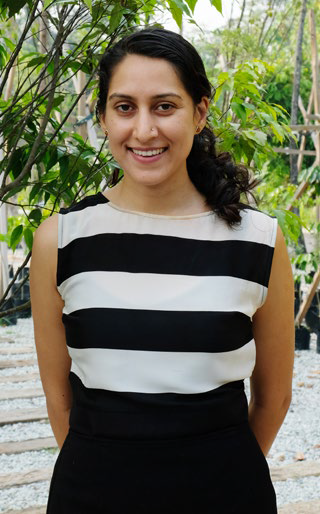
Mienal Hussin
Taman Tugu is today a thriving enterprise and Project Manager, Mienal Hussin (ex- Management Consultant turned conservation activist) is the first to admit that this is not a one-organisation-show. The MNS, the Forest Research Institute of Malaysia (FRIM), DBKL (City Council), and many other environmental NGOs, are firm partners in the Taman Tugu vision because they are passionate about forest regeneration and understand that it takes collective effort to re-create this special place. Arborists have identified trees indigenous to Malaysia – Jelutong, Tembusu and Pulai trees among others– and planted over 4,000 trees of which 1,000 are considered to be endangered or critically endangered by the International Union for the Conservation of Nature (IUCN). One of the criteria in selecting the trees to be planted is the type of fauna they will attract. An increase in fauna will enhance the biodiversity of the site and promote the ecosystem including natural pollination. The project is also looking at planting plants that will repel mosquitoes and those that will attract dragonflies because they feast on mosquitoes!
The Trails
The trails are open daily to the public from 7am to 6.30pm, and there is no admission charge. The trails are also carefully built so that none of the tagged trees are compromised. By 2020, the Taman Tugu project intends to open more trails and will have about 7km of forest trails for the public to enjoy.
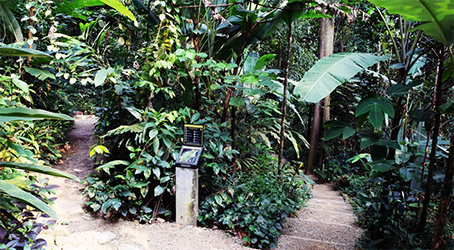
These are walking trails and running is not encouraged because it can hurt the tree roots which will eventually cause them to die. Dog walking is also not allowed because this excites the resident monkeys and can be dangerous. In other words, having domestic and wild animals in the same vicinity is not a good mix!
Activities
Since the forest opened in 2018, some 60,000 visitors have been to either walk the trails or take part in the project’s many education programmes and largely free activities. Every week, there are free yoga called Flowga and zumba classes held at Taman Tugu.
On Saturdays, the Free Tree Society offer those interested, planting and composting classes.
Periodically, there is the River Scientist project in partnership with the Global Environment Centre to teach people about healthy rivers, river life and to learn how to keep our rivers clean.
The Malaysian Cave and Karst Society will soon be organizing sessions to do bat studies because forests and caves are interconnected.
Various arts programmes have also debuted in Taman Tugu – initiative using leaves, stones and sticks to create art; the Human Library project which invites members of the public to share stories (so far they have had an ex-military officer, zero waster practitioner, documentary maker, cancer survivor and refugees), Jungle Classrooms with Tatana Roots, and recently, a photo exhibition along the trails showcasing the indigenous Bateq community from Taman Negara.
Taman Tugu partnered the Elders of our Forest Group to tell the story of how the Bateq community who today continue to make the forest their home where they can find everything they need, such as food, medicines and clothes in the forest.
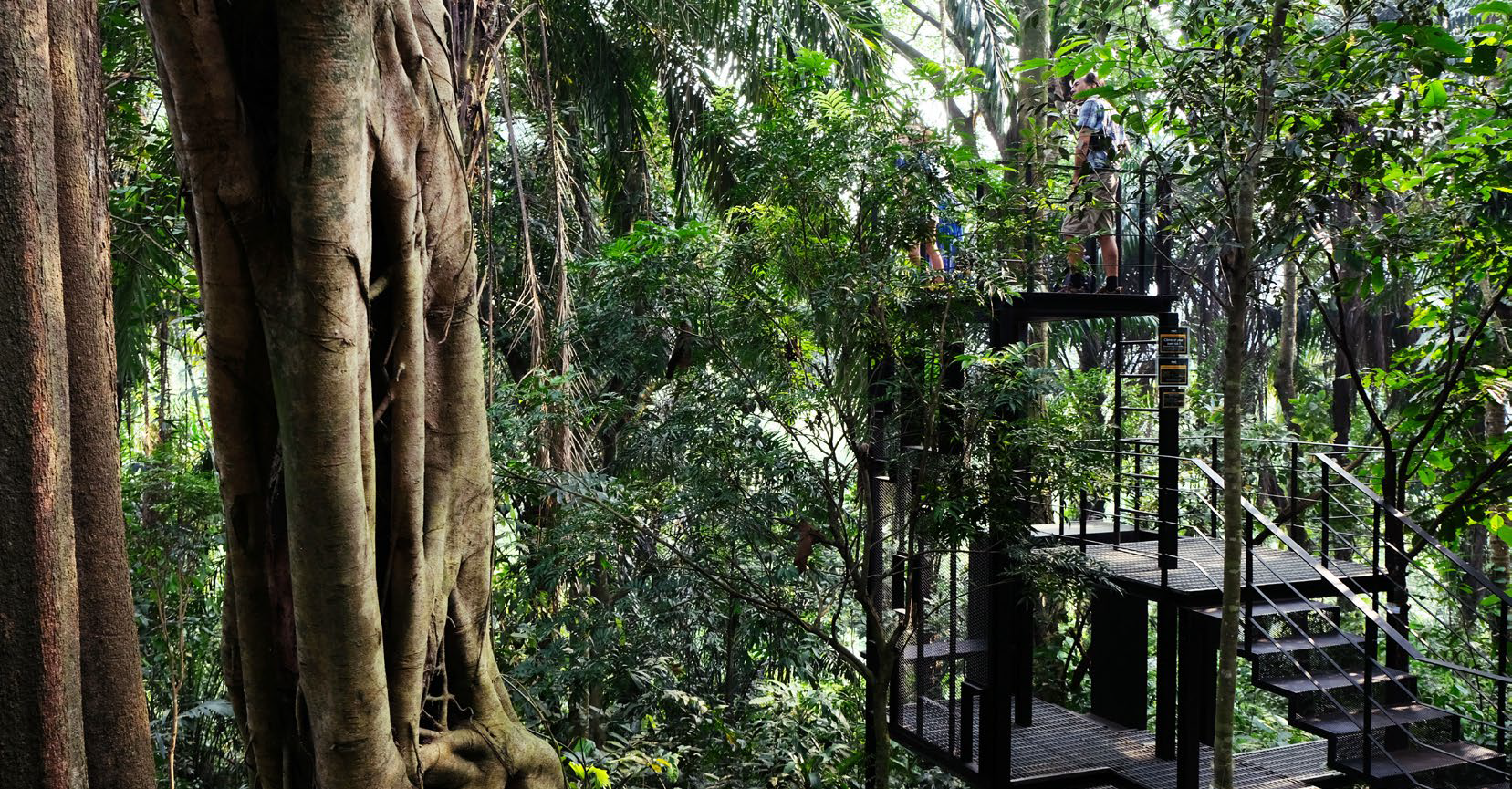
Volunteers Programme
The Taman Tugu Project is also expanding its volunteer programme to engage the public in habitat restoration. Volunteers help with the different activities and eventually the project is looking at training volunteers to be trail guides.
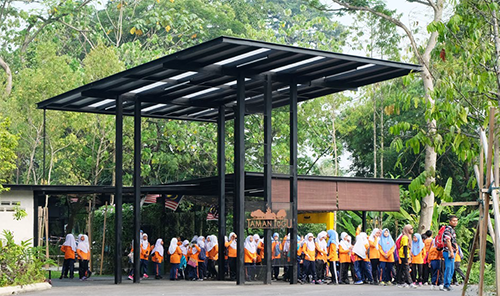
Preserving for the Nation
This ambitious project can be proud of what it has achieved to date. Not only is the ecosystem slowly changing with birds and insects attracted back to the area, but those responsible for this special public green space feel that the forest is worth protecting and want it to be so into perpetuity for everyone to enjoy. We hope that Taman Tugu will stand long after our time!
For more information and details of future activities, please email greenscene@tamantuguproject.com.my
Alternatively, visit tamantuguproject.com.my or follow Friends of Taman Tugu on Facebook or Instagram for the latest updates and activities.
